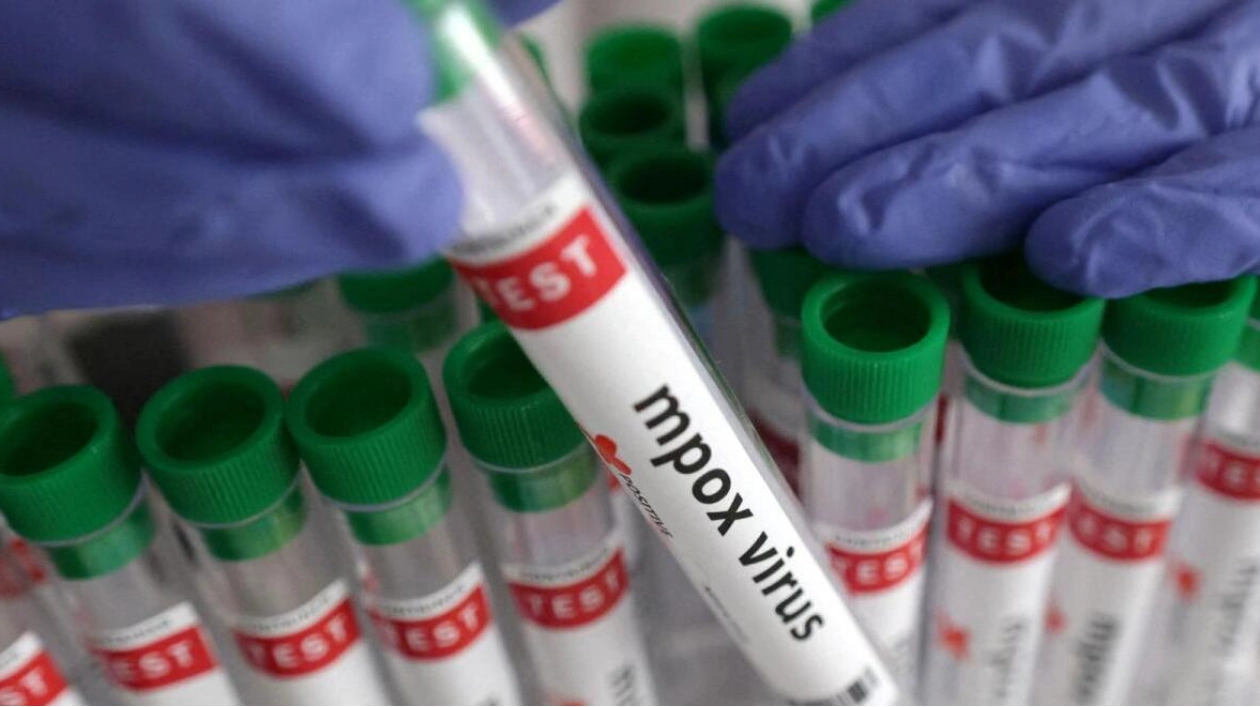Scientists examining the emergent mpox strain, which has spread from the Democratic Republic of Congo, report that the virus is evolving quicker than anticipated and frequently in regions where experts are underfunded and lack necessary equipment to monitor it effectively. This situation introduces numerous uncertainties regarding the virus's nature, its severity, and transmission methods, complicating the global response, as revealed by several scientists across Africa, Europe, and the United States in discussions with Reuters. Mpox, previously known as monkeypox, has been a public health issue in certain African areas since 1970 but garnered minimal international focus until its global surge in 2022, leading the World Health Organization to declare a global health emergency, which concluded ten months later. A new variant, clade Ib, has once again captured global attention following another WHO health emergency declaration. This strain, a mutation of the long-endemic clade I, typically induces flu-like symptoms, pus-filled lesions, and can be lethal. According to the WHO, Congo has recorded over 18,000 suspected cases of clade I and Ib mpox and 615 fatalities this year, with additional confirmed cases in four African countries, Sweden, and Thailand involving individuals with African travel histories.
Dr. Dimie Ogoina, an infectious diseases specialist at Niger Delta University Hospital in Nigeria and chair of the WHO’s mpox emergency committee, expressed concern over the limited understanding of the outbreak in Africa. He highlighted the challenges in addressing transmission dynamics, disease severity, and risk factors without a clear understanding of the outbreak. Ogoina also noted the rapid evolution of the virus, exemplified by clade Ib's quick adaptation for sustained human-to-human transmission, contrasting with the slower evolution of clade IIb in Nigeria over several years. Mpox, belonging to the orthopoxvirus family that includes smallpox, has seen its population-wide immunity decline due to the cessation of vaccination campaigns post-smallpox eradication. Genetic sequencing of clade Ib infections reveals the presence of the APOBEC3 mutation, indicative of human adaptation. Dr. Miguel Paredes from Fred Hutchison Cancer Center in Seattle explained that APOBEC-driven mutations can expedite viral evolution, complicating responses due to concurrent mpox outbreaks. Historically, mpox was primarily transmitted through contact with infected animals, a factor still prevalent in Congo's rising clade I cases, potentially linked to deforestation and bushmeat consumption. The mutated strains, clade Ib and IIb, are now largely considered sexually transmitted diseases, with most cases among adults, initially driven by an epidemic among female sex workers in South Kivu, Congo. The virus can also spread through close contact, posing risks in crowded conditions like displacement camps in Burundi and eastern Congo.
Children, pregnant women, and immunocompromised individuals face higher risks of severe mpox and fatalities, according to the WHO. Clade I traditionally causes more severe disease with higher fatality rates compared to clade II. Ogoina emphasized the need for urgent research, noting the challenges faced by African teams in accessing necessary diagnostic chemicals. Effective response planning, including vaccination strategies, is hindered by this lack of resources. Dr. Salim Abdool Karim, a South African epidemiologist and chair of the Africa CDC’s mpox advisory committee, highlighted the reliance on clinical diagnoses without laboratory confirmation in eastern Congo, where healthcare systems are already strained. The ongoing conflict and displacement of around 750,000 people further complicate sample transportation to labs. Dr. Emmanuel Nakoune, an mpox expert at the Institut Pasteur in Bangui, Central African Republic, underscored the critical need for supplies to track and manage such deadly outbreaks.






